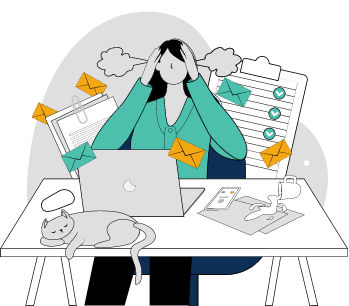Listen to this episode
On this episode
When was the last time you had fun at work?
Dr Kathryn Owler joins us in this episode to discuss the importance of having a fun mindset at work. She shares her fascinating research on the characteristics and traits of people who enjoy their current jobs. We dissect the common themes these people have in finding success in their careers.
If you want to start adopting the mindset people who have fun at work have, stay tuned to this episode.
Show links
Get in touch and book a slot with us for live programme courses of the Shapes Toolkit. Bookings are open for Summer and Autumn 2022, with only a few slots left for Spring 2022.
Connect with Dr Kathryn Owler: LinkedIn | The Happiness at Work Coach
Get a FREE copy of The Happiness at Work Coach’s The Three Simple Steps to Enjoying Any Job here!
Get access to the THRIVE Weekly Planner!
Reasons to listen
- Learn what it means to have fun at work.
- Discover the mindset and the things people who have fun at work do.
- Find out how you can attain a ‘lighthearted sense of enjoyment’ in your work life.
Episode highlights
Kathryn’s early work experience
Feeling Stuck and Unhappy
On Having Fun at Work
Taking Fun into Any Workplace
Secrets to Having Fun at Work
Taking Action
Kathryn’s Definition of Fun
Being in the Flow
The Notions of ‘Joy’ and ‘Fun’
Connection and Fun at Work
Being Successful While Enjoying Yourself
Changing Your Mindset and Taking Action
Kathryn’s Coaching Experience
Kathryn’s Top Three Tips
Episode transcript
Kathryn Owler: When I talk to people who are feeling unhappy at work, they often have this stuckness. “How do I move out of this phase?” Well, these people seem to have kind of inherent sense of control in this situation. So it’s not that they didn’t encounter challenges, and they didn’t encounter challenges to the enjoyment. But they always felt that there was something that they could do about it. Rachel Morris: When was the last time you had fun at work? Perhaps you think that work is the last place where you should be having fun. Or perhaps…










